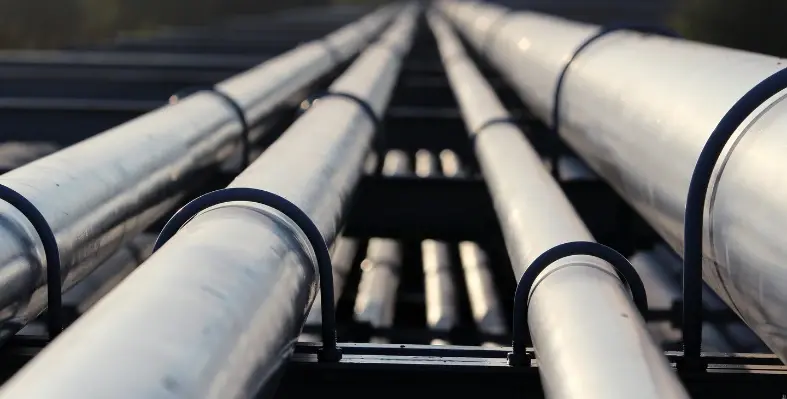DNV, the global independent energy expert and assurance provider, is advancing Skylark, a joint industry project to enhance the understanding of carbon dioxide (CO₂) pipeline operations and facilitate CCS expansion
The three-year project aligns with DNV’s Energy Transition Outlook 2024 report, which forecasts that CO₂ pipelines will need to grow from 9,500 km today to over 200,000 km by 2050 to support industrial decarbonisation.
Skylark will provide essential safety insights through advanced modelling, real-world testing, and emergency response analysis to enable this expansion. It will validate CO₂ dispersion models for varied terrain, develop emergency response best practices, and inform safety guidelines for pipeline routing, risk assessment and venting.
A key focus is understanding CO₂ behaviour during pipeline incidents, including dispersion patterns under different terrain and weather conditions. Emergency response protocols will also be tested in real-world scenarios with first responders. These insights will help operators enhance safety measures and regulators strengthen frameworks as CCS deployment accelerates, and will directly inform DNV’s CCS Safety Guidelines.
Hari Vamadevan, senior vice president and regional director, UK & Ireland, Energy Systems at DNV, explained: “Skylark addresses one of the biggest barriers to CCS adoption—confidence in safe operations at scale. By combining decades of pipeline expertise with new technologies, we’re helping build the infrastructure needed to meet net-zero targets.”
Developed in collaboration with the UK Health and Safety Executive Science Division (HSE SD), University of Arkansas, Ricardo’s UK National Chemical Emergency Centre, the National Centre for Atmospheric Science (NCAS), and the UK Department for Energy Security and Net Zero (DESNZ), the Skylark JIP has already attracted significant industry interest, with nine organisations participating.
The initiative is still open to industry participation; interested companies can contact DNV at
This email address is being protected from spambots. You need JavaScript enabled to view it. .
DNV project to advance CO2 pipeline development

CO₂ pipelines will need to grow from 9,500 km today to over 200,000 km by 2050 to support industrial decarbonisation.







